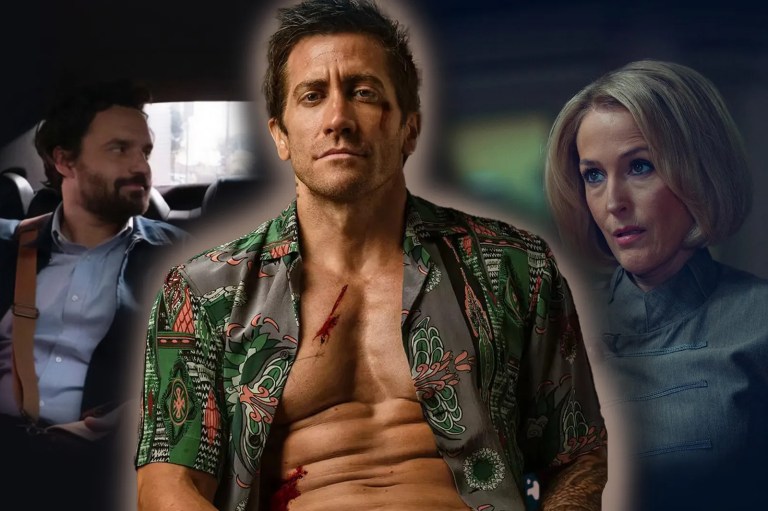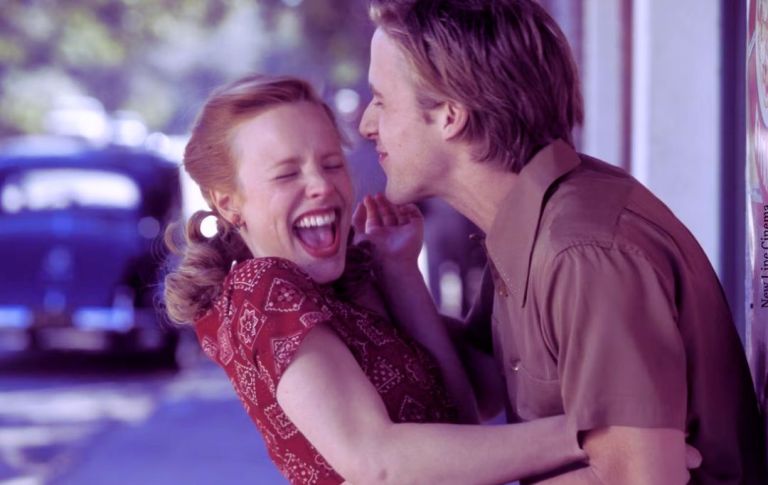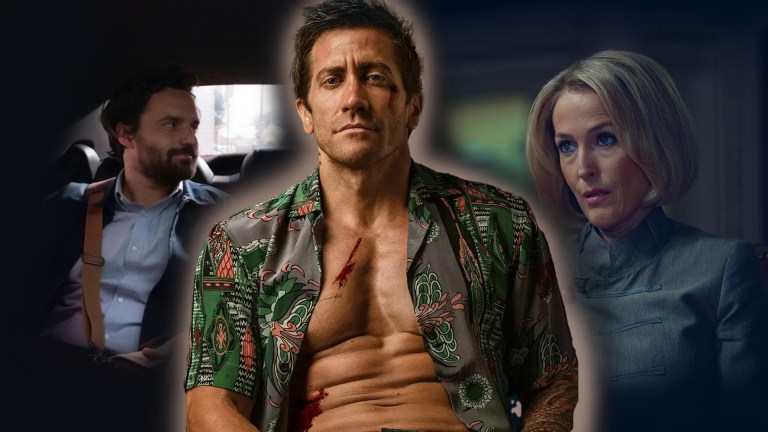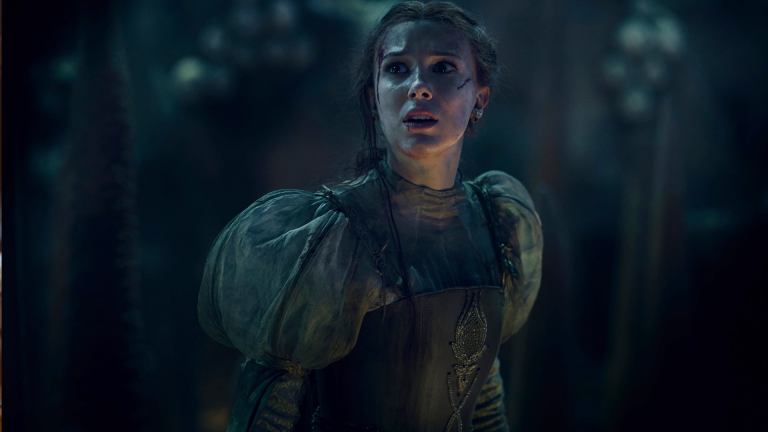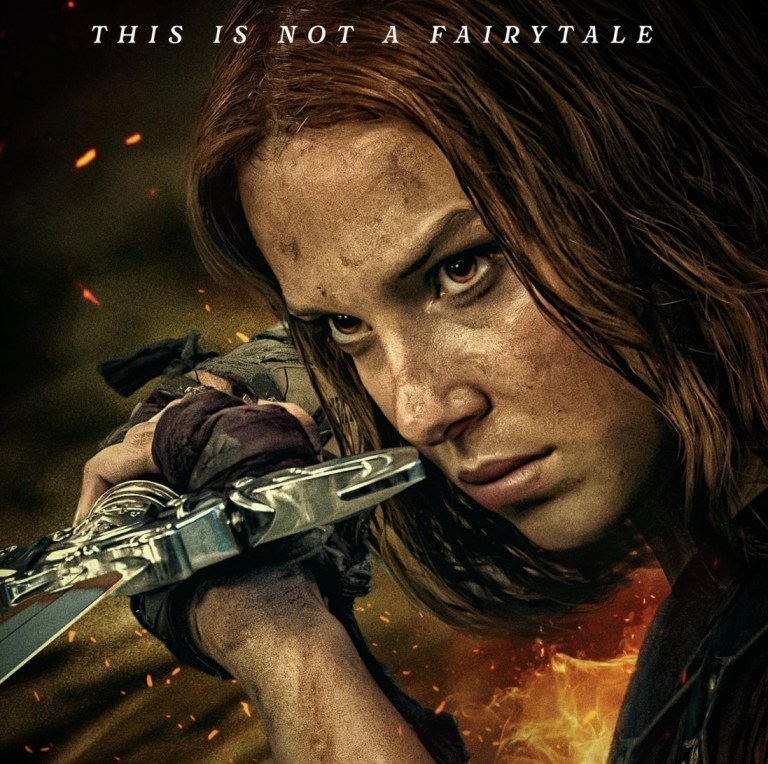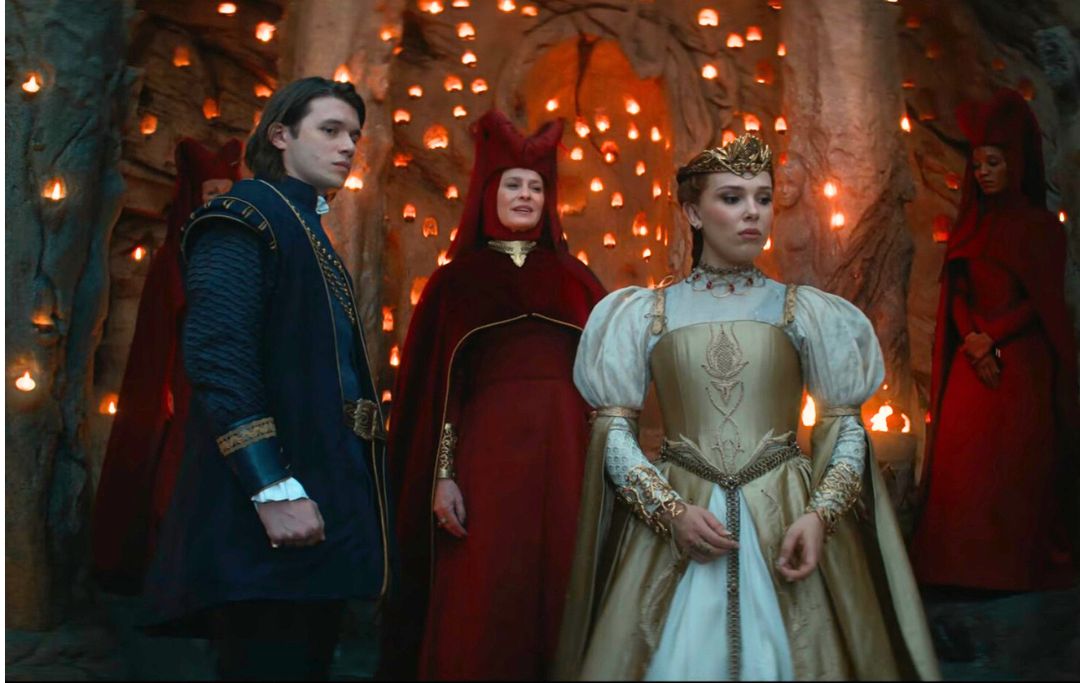
Netflix’s ‘Damsel’ Is A Twisted Fairy Tale of Toxic Romance and Marriage Gone Wrong
“There are many stories of chivalry where a heroic knight saves the damsel in distress. This is not one of them.” So starts the twisted fairy tale of Damsel, the trending movie on Netflix that offers a new vision of “fairy tales gone wrong.” Featuring Stranger Things’ Millie Bobby Brown as soon-to-be princess Elodie, this dark…
“There are many stories of chivalry where a heroic knight saves the damsel in distress. This is not one of them.” So starts the twisted fairy tale of Damsel, the trending movie on Netflix that offers a new vision of “fairy tales gone wrong.” Featuring Stranger Things’ Millie Bobby Brown as soon-to-be princess Elodie, this dark fantasy survival thriller offers a subversion of the fairy tales trope, positioning the damsel in distress as her own knight in shining armor.
Like most marriages, the movie begins with a proposal – but this is one with unforeseen and deadly sacrifices. Elodie and her family receive a written letter from the Queen of Aurea (a kingdom Elodie has never heard of), offering marriage to Elodie in exchange for gold her family can’t refuse. A betrothal to a wealthy prince, a fleet of ships, a carriage of gold – what’s not to like? Elodie says that this is not a valid reason to marry, but her father Lord Bayford agrees to “sell” his daughter for “more gold than {he} can ever imagine.” However, what Elodie doesn’t realize is that her father Lord Bayford is actually trading in his daughter’s life for money – what he says is for “the good of his people.”
As Queen Isabelle tells Elodie’s stepmother, “Your family needs money, my family needs a bride.” Narcissistic individuals and transactions reign in this movie – and so does plenty of exploitation of Elodie, the chosen sacrificial lamb who experiences plenty of future faking and love bombing to draw her into this exploitative arrangement. Her stepmother, Lady Bayford, played by the impeccable Angela Bassett, serves as the voice of warning and reason, noting, “They may be royalty, but they’re not good people” while her exploitative father Lord Bayford is all too happy to throw his daughter to the wolves – in this case, a fire-breathing dragon which must be fed three princesses once every generation lest it destroy the kingdom.
As the movie summary of Damsel notes, “A young woman agrees to marry a handsome prince – only to discover it was all a trap. She is thrown into a cave with a fire-breathing dragon and must rely solely on her wits and will to survive.” Apart from the fire-breathing dragon part, that certainly does sound like the trappings of quite the typical toxic relationship or marriage.
Visually, the movie is stunning, featuring the dark underworlds of caves and tunnels only illuminated by torches juxtaposed with the light, airy and luxurious open spaces of surrounding castles and lush green landscapes. The promise of the wealth and riches of the kingdom, however, is darkly obscured by enormous shadows shaped like dragon wings overwhelming the castles at night, and even when Elodie and her family travel by boat to the kingdom, they are met with two enormous statues foreshadowing the fire-breathing dragon Elodie is meant to be sacrificed to. Such visuals capture the dark nature of this sacrificial marriage and its contrast to the false promises that precede it.
An Allegory For Toxic Relationships and The Institution of Marriage?
There are many ways to interpret the movie but perhaps the analogy that stands out is one of a toxic relationship where all that glitters is not gold and false promises are made to lure in an target into a larger scam that benefits one person while exploiting the other. Following a blood ritual where Elodie’s blood is mixed with Prince Henry’s (which we later find out is to fool the dragon into believing Elodie is one of their bloodline), Prince Henry tells Elodie they will be partaking in an “ancient ceremony on the mountain to pay homage to their ancestors.” He then carries his unsuspecting bride Elodie toward the edge of a mountain behind the castle, saying a mere sorry before he throws her headfirst down into the dark chasm and lair of the dragon.
So much for the honeymoon phase. As Elodie first tells the prince, “I’ve longed to explore distant lands, ones I’ve only read about.” Well she certainly does end up exploring for much of the movie – but only down in the trenches, where she is forced to use a dagger to climb up the cave walls. Her once royal attire and long walks in castle gardens are a far cry from the actual reality she is confronted with right after her sinister wedding. Where she once professed to the prince she hoped he would get to “know her heart,” and once told her sister he hoped her prince would be “kind and well-read,” and even wrote a flowery letter with the design of a heart to her new love, now she’s forced to fight for her life, and her new royal family instead turn out to be the real monsters.
Whether the movie intends to or not, one can’t help but notice the numerous parallels that can be drawn to toxic and abusive relationships throughout the movie – as well as serving as an allegory for the false allure and patriarchal “sacrifice” of marriage, which tends to require more of women’s labor. First, Elodie is baited by a handsome and charming prince and dangled the carrot of a fulfilling life to lure her into unsuspecting and massive sacrifices. She is promised love and wealth beyond her wildest dreams – a chance to become a princess – much like many people are baited, future faked, and love bombed into a toxic relationship disguised as loving partnerships, forced to confront the false promises of a marriage that depends solely on their sacrifices. Next, she experiences intense betrayal as she discovers the true, toxic nature of the marriage or relationship, and must go through endless torture just to survive.
Elodie’s fairytale romance becomes a nightmare and a race for survival – much as it does in any toxic relationship or dysfunctional marriage.
Spoiler alert: Unbeknownst to Elodie, the narcissistic Queen Isabelle has been deceiving both her and the fire-breathing dragon to “protect” her people by using a “long line of women who have helped to build this kingdom” – sacrificing innocent women not related to them by bloodline to the dragon. In this inverted fairy tale, it is not the fire-breathing dragon who turns out to be the “predator” but rather the narcissistic people, like Queen Isabelle, who deceive Elodie into paying for their own sins. The fire-breathing dragon, as we discover, is able to telepathically communicate to Elodie – and serves as a rageful maternal figure who shares her story to Elodie of how her own three children were killed in cold blood by Queen Isabelle’s ancestors. These ancestors had trespassed her lair only to kill the rest of her bloodline – thus her need to avenge their memory by taking the daughters of the royal bloodline. However, the dragon is deceived into killing more innocent children rather than the ones of the royal bloodline.
To survive a toxic relationship or marriage and get out, one must use all they have like Elodie does, playing MacGyver and warrior to escape the relationship they once believed would be a fairytale.
Prince Henry at least shows some remorse before he throws Elodie down to the dragon’s lair, but he does nothing to stop the ritual of sacrifice, willing to sacrifice the innocent to shield his own people from harm. Queen Isabelle, of course, emerges as the ultimate narcissist of the movie, willing to shed innocent blood rather than finding a way to make amends for the misdeeds of her ancestors. Like Queen Isabelle and Prince Henry, toxic partners also have a series of victims (like the innocent princesses targeted by the royal family under false pretenses and who did not survive the dragon). These victims are forced to endure many trials and tribulations before they escape the trauma bonds of the relationship. Yet it is the testimonies of those victims that guide Elodie’s way to escape and helps her forge her freedom – much like how the stories of women can assist in setting other women free – whether it be from the chains of a toxic marriage or another predatory and exploitative situation.
The devastation, horror, sense of betrayal and learned helplessness we see Elodie experience throughout the film is analogous to any survivor attempting to cope with the devastation of feeling trapped in an abusive cycle of crazymaking and chaos. Elodie only thrives when she connects to her own sense of anger in response to her torment and stops “doing what she is told” to create her own version of a happy ending. Even the dragon’s voice, one could argue if they were really looking deeply into the symbolism, is similar to the inner doubt and internal battle that erupts when a survivor has to go to war with their own turmoil and confusion as a result of the abuse and trauma suffered. As Elodie resourcefully navigates the many obstacles present through the cave of the dragon, it is akin to how survivors navigate the maze of the numerous betrayals that violate their boundaries and the multiple sacrifices that are made to preserve the “sacred institution” of a dangerous marriage.
Once down in the cave, Elodie is left with bruises and only her own grit and resourcefulness to survive an impossible situation – much like the way a survivor in a toxic relationship is forced to face reality, alienated, abused, bruised, and battered (whether emotionally or physically) and left to their own devices and coping methods to figure out a way to escape safely. Elodie strategically uses what she has and anything she discovers in the cave – daggers, crowns, crystals that provide hard surfaces to cling onto, and her horse-riding skills to pave her portal to escape, as well as messages from other victims who did not get to survive. She also uses a map the other princesses carved on the walls to help navigate the cave, and – spoiler alert – weaponizes the dragon’s own fire against her and later teams up with the dragon to gain justice and survival for future generations. “I have an army with me. Every innocent woman whose life was stolen down here,” Elodie says, saving not just herself, but all the future princesses that would’ve been sacrificed in this deranged arrangement had she not intervened. Viewers of the movie are likely to find a sense of satisfaction in the movie’s thrilling ending. If you’re into fairy tales where the princess saves herself, you’re sure to enjoy Damsel.
